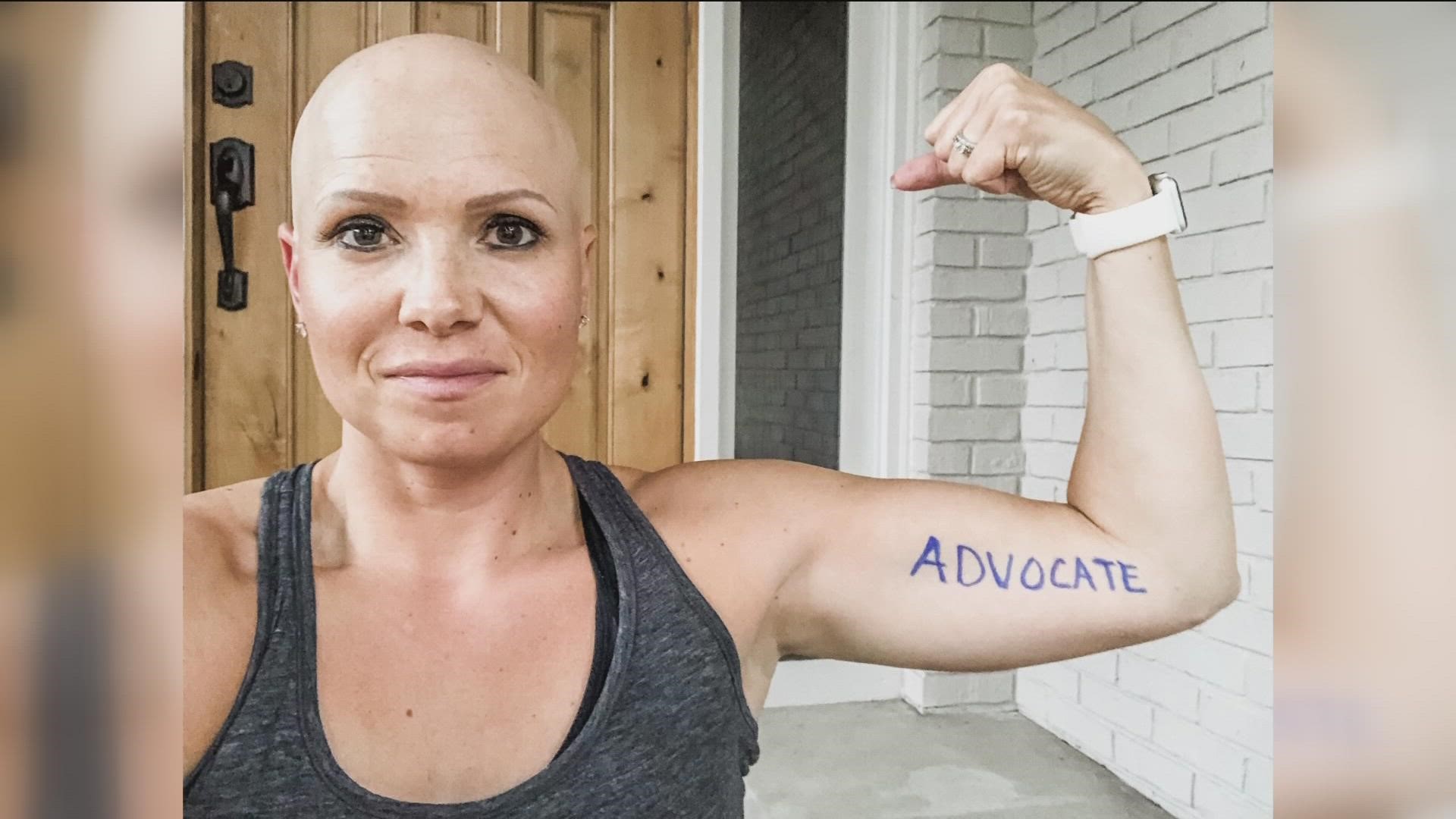TOLEDO, Ohio — The FDA just approved the very first treatment for alopecia, the autoimmune disease that attacks hair follicles.
The FDA says the pill has successfully achieved at least 80% hair coverage in patients. Some 7 million people in the US have alopecia, and advocate McKenna Reitz says seeing a new treatment is a huge step in the battle against the disease.
"It gives them hope, it gives them a light at the end of the tunnel," said Reitz.
It's the kind of hope that was absent in her life for years after she first got her diagnosis in 2016.
As her hair continued to fall out, Reitz struggled to look at the person she saw in the mirror.
"I experienced heavy depression, high anxiety. Not even wanting to take photos with my daughter at her first Christmas. Not even wanting to go out in public because I was ashamed and embarrassed of what I looked like," Reitz said.
But her husband, children and parents stuck with her through the process and continued to love her unconditionally, and slowly but surely McKenna began to love herself again.
As she became more comfortable with her alopecia, she learned very few people were aware of it and started advocacy programs with the Cleveland Guardians, the Toledo Mud Hens and local golf fundraisers.
"Hopefully it empowers them to know that they're worth it. And that we are in this together and to support and lean on one another and to understand that they're not alone," said Reitz.
Now, with a treatment imminent, McKenna says she's been speaking with her dermatologist to learn more. Assuming it's safe and effective, she plans to recommend it to anyone with alopecia who wants to take the treatment, But for herself, at this point, there's no need.
"If this had come out five years ago, the answer would have been absolutely yes, because I was so desperate to get my identity back," Reitz said. "But what I've learned is alopecia has given me my identity back. It's unveiled it."

